Facing Depression Together
resources to make sure black women don’t have to face depression alone
Time2Talk

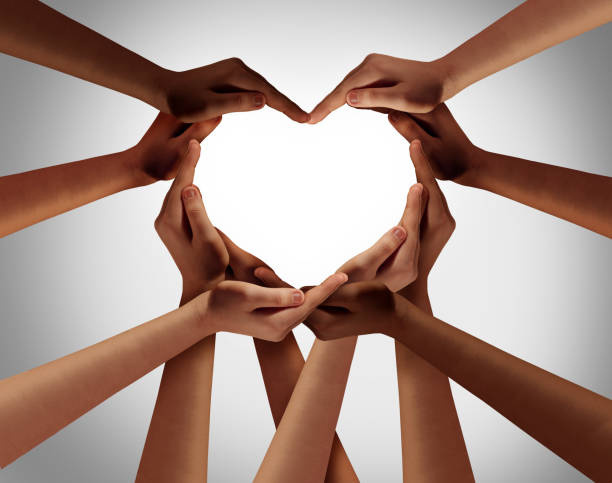
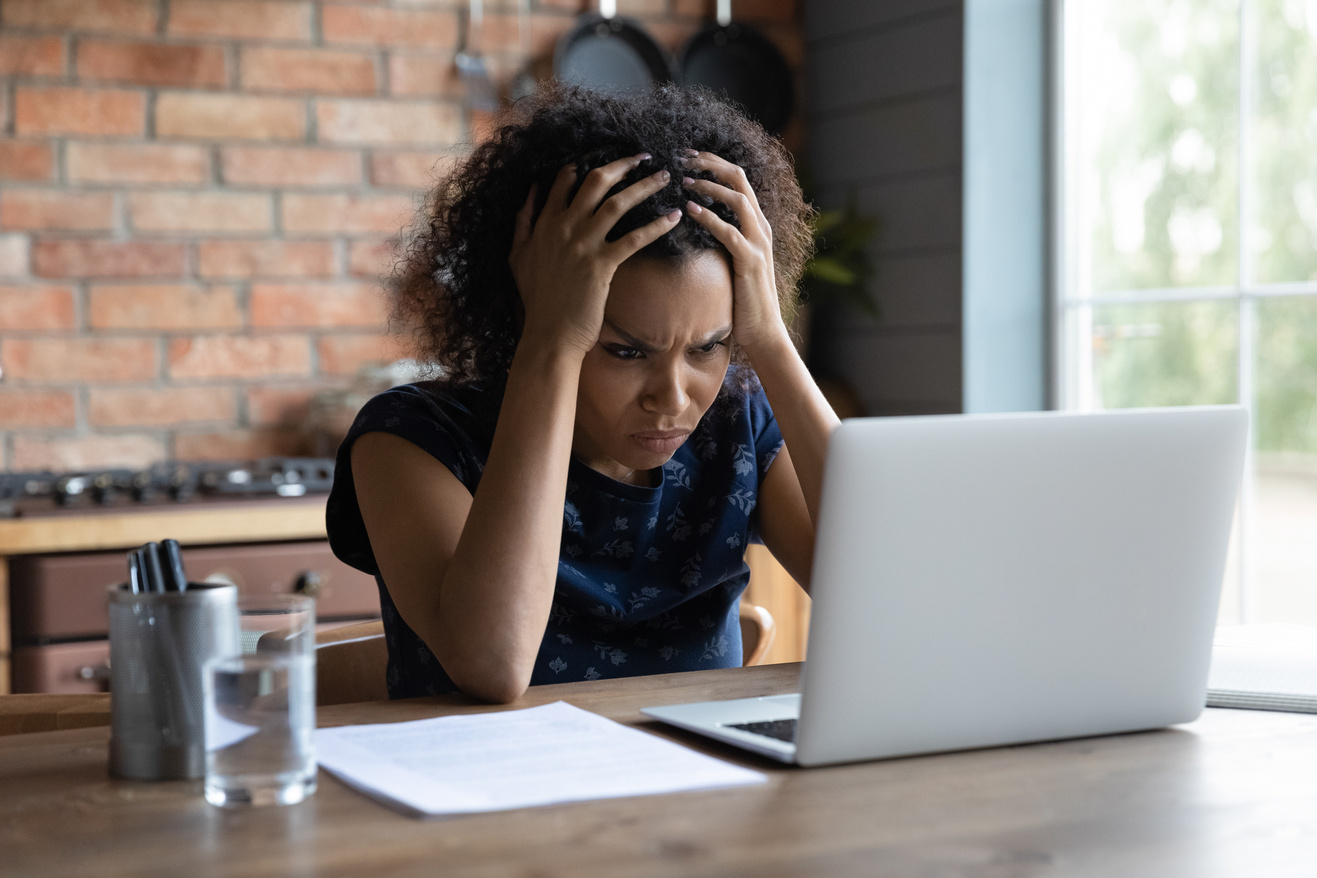
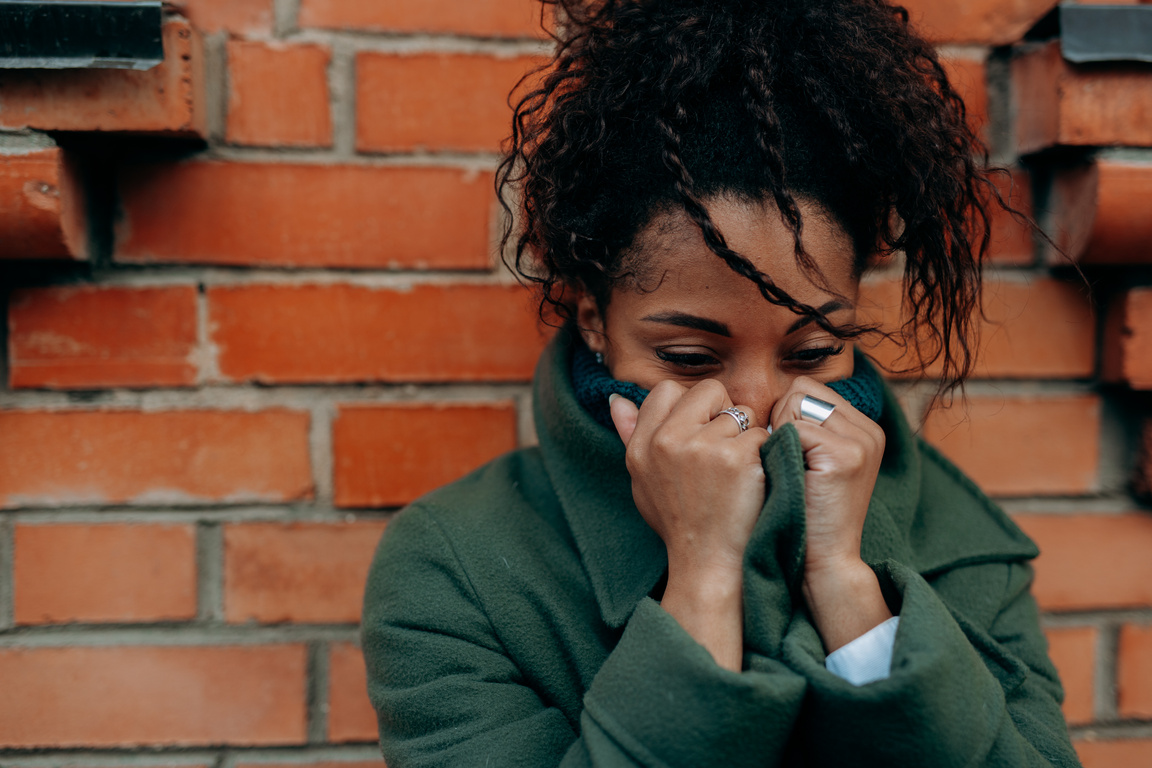


We aim to provide a safe and reliable resource for Black women to use when they are struggling with depression or other forms of mental illness. Our purpose is to take some of the stress out of finding someone to talk to in their hour of need by providing accessible, culturally competent resources, as well as a sense of community and belonging

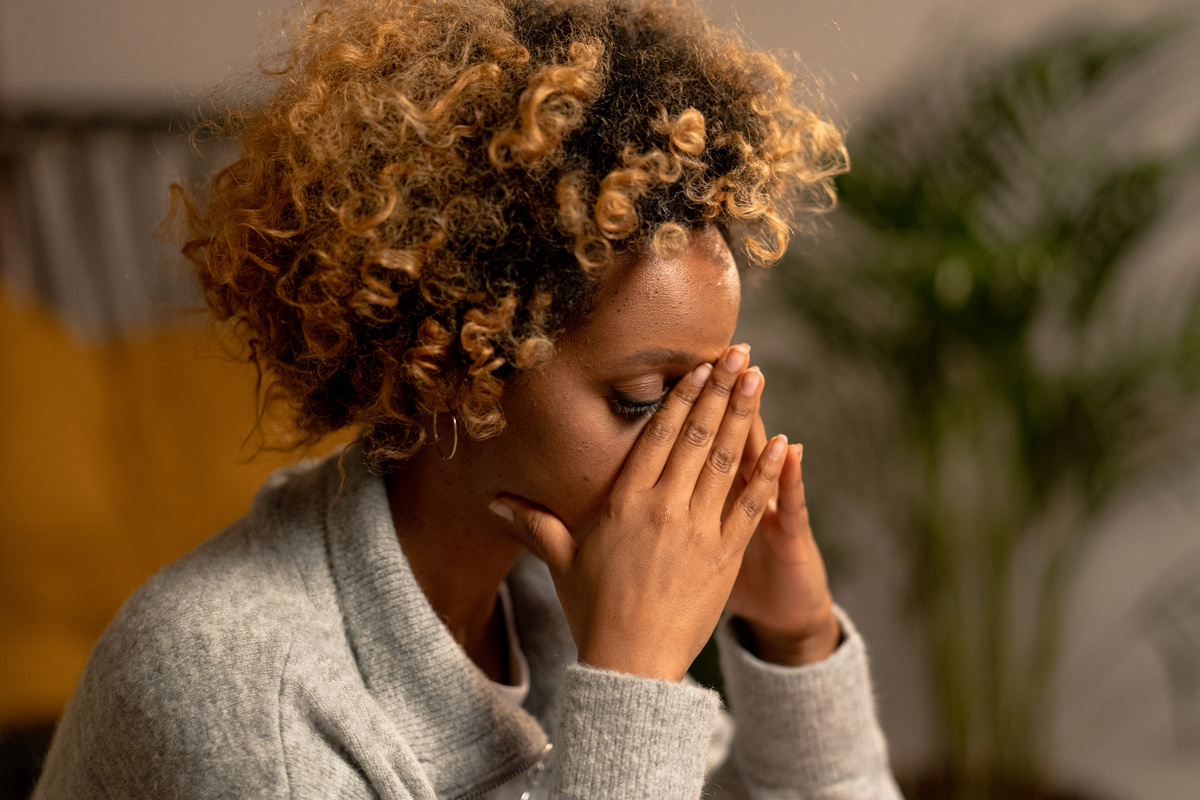
- PROMOTE the use of Mental Health resources among black women
- REDUCE the stigma that surrounds getting assistance with mental illness/health
- improve knowledge and understanding of mental health and mental health care
- minimize the burden of difficulties of finding a culturally competent therapist or coping mechanism
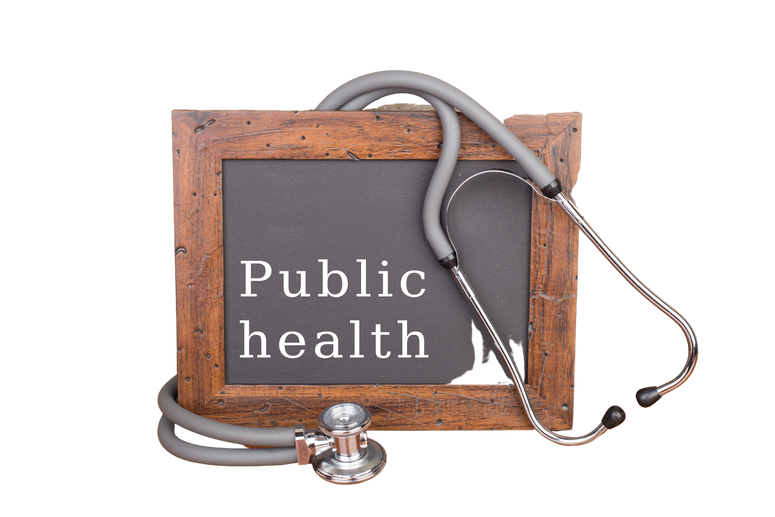
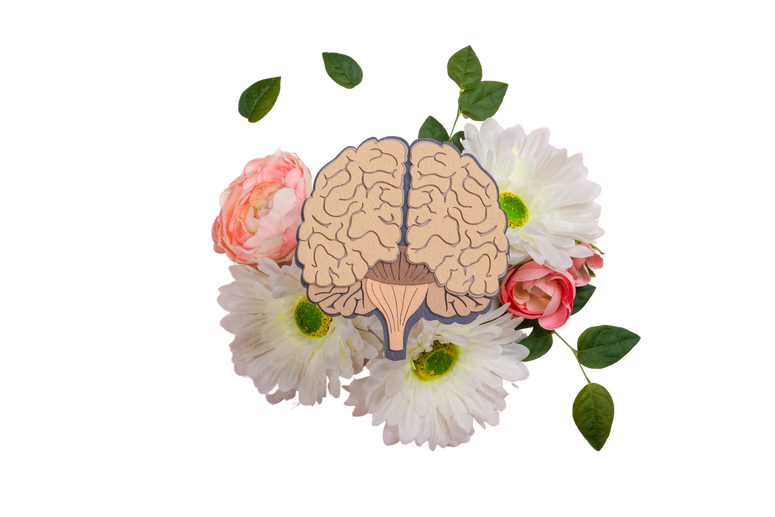

My name is Kimberly Lee, and I am a second year MPH student at the University of Florida with a focus in Social and Behavioral Sciences. Caring for our mental health is important at every stage of life, and it impacts how we relate to others in our daily lives.
My name is Jéanelle Javois and I am a 2nd year MPH graduate student. Mental health is important to me because it impacts so many of our interactions on a daily basis. It is important that have easily accessible resources to address our mental health needs.
My name is Ina Liu and I am a second year MPH student at the University of Florida. I am passionate in advocating for mental health equity in access to resources and outcomes
My name is Maris Jacobson and I am a second year MPH student at the University of Florida. I have spent my last 16 years as a Paramedic witnessing first hand the disparities and inequalities that surround mental health care, specifically for Black women. My hope is that this site becomes one of many tools that can be used in the pursuit of health equity, providing resources and a sense of community to any woman who visits.

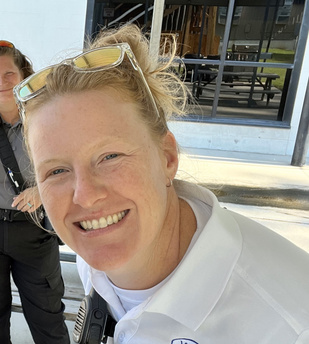
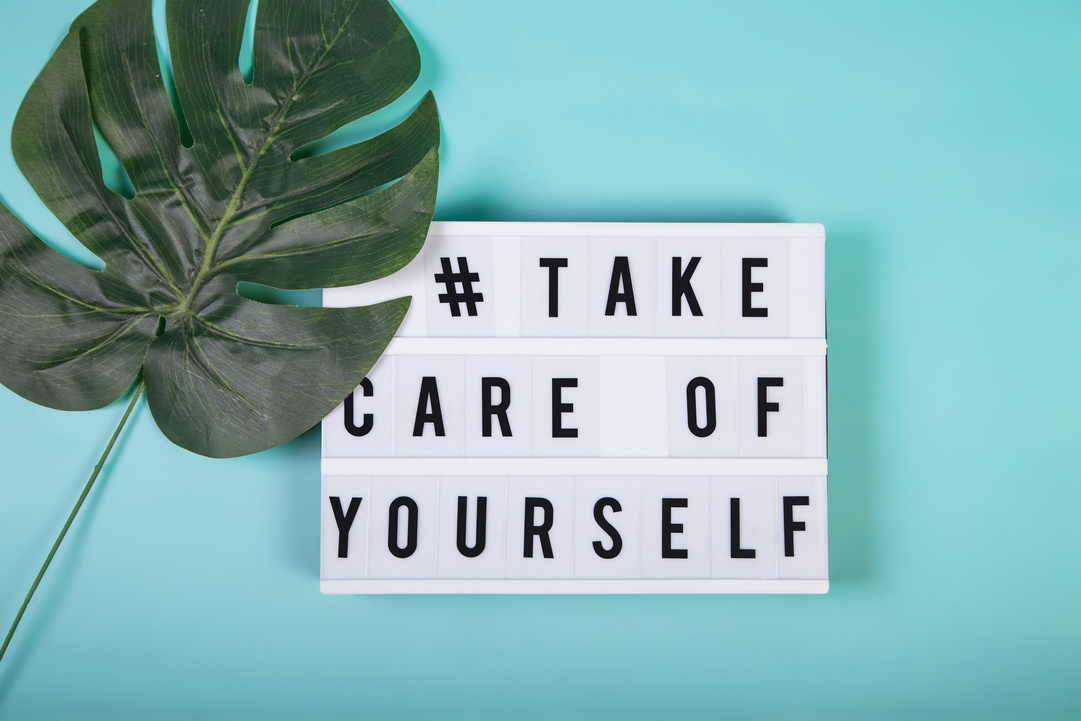
search for culturally competent mental health providers
Difficulty finding a mental health care provider who looks like you and shares and understands your culture is a significant barrier to Black women seeking care. Below are several links to resources that can help you find a provider that allows you to feel heard, seen, and understood on your journey to mental wellness.

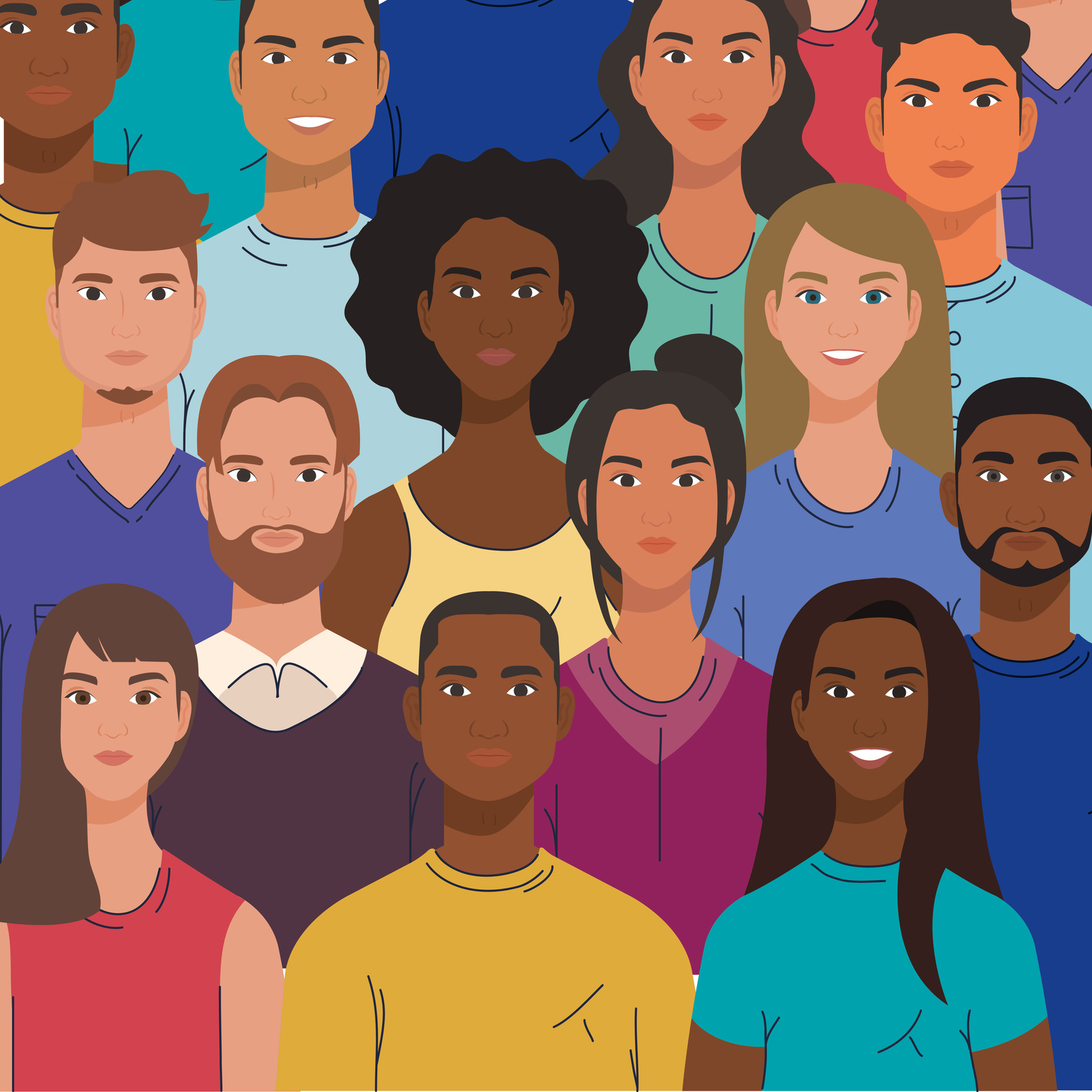




Facing depression is hard, But you don’t have to do it alone. There are Black women everywhere working to take control of their depression and reduce stigma surrounding mental health. Together we can open the conversation and keep it going. You deserve happiness, and you deserve to know you are not alone
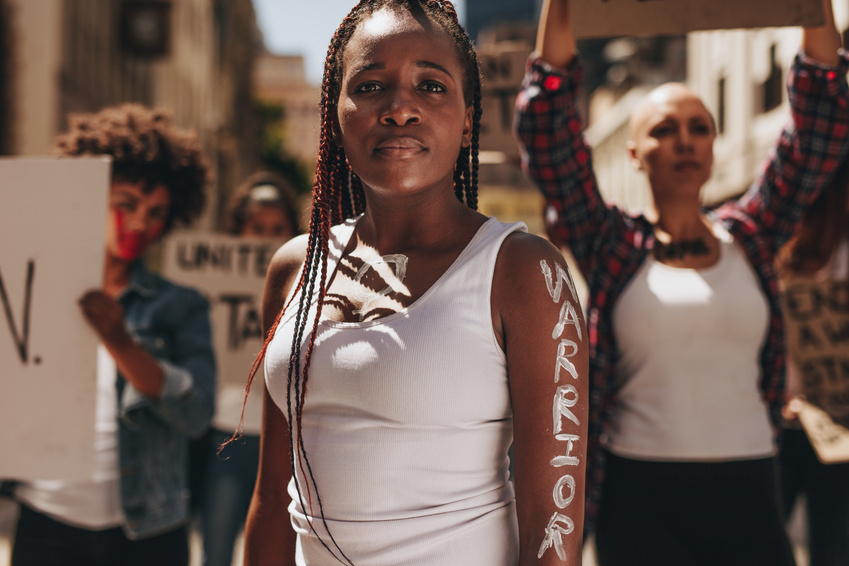
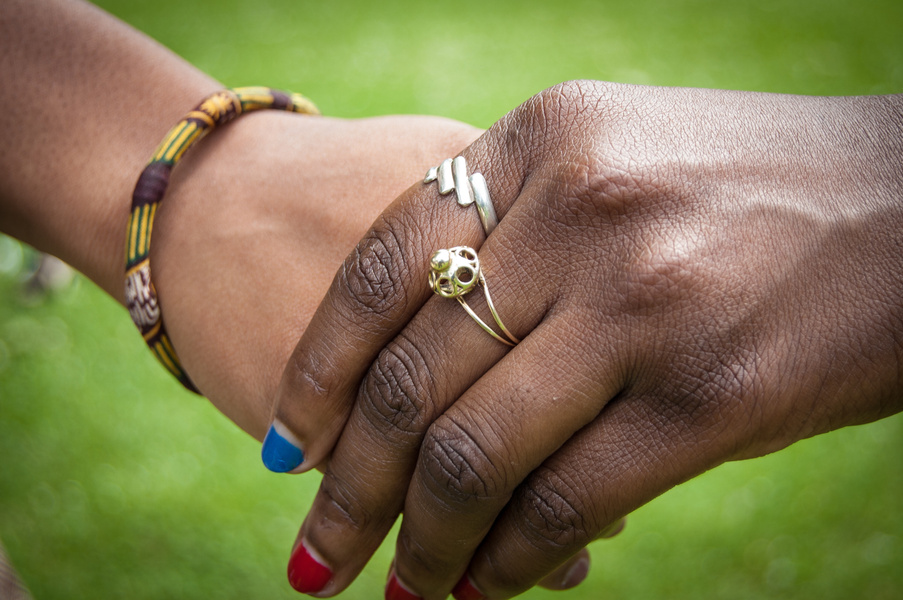
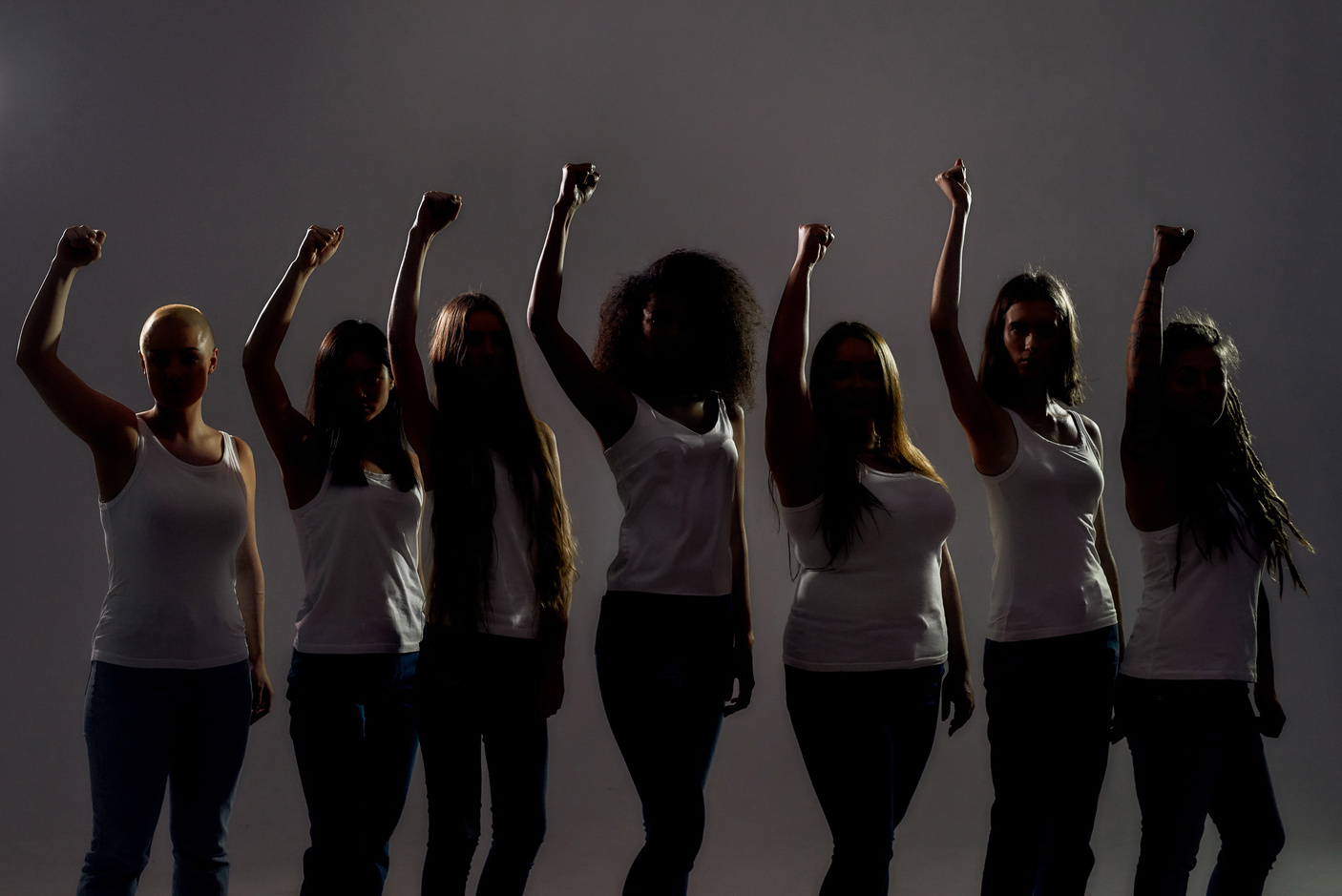

- there are more than 1,500 possible combinations of symptoms that meet criteria for a depressive disorder, meaning that patients can share the same diagnosis and have no symptoms in common (perez et al,, 2022).
Perez, N. B., D’Eramo Melkus, G., Wright, F., Yu, G., Vorderstrasse, A. A., Sun, Y. V., Crusto, C. A., & Taylor, J. Y. (2022). Latent class analysis of depressive symptom phenotypes among Black/African American mothers. Nursing Research, 72(2), 93–102. https://doi.org/10.1097/nnr.0000000000000635
Robinson, M. N., Erving, C. L., & Thomas Tobin, C. S. (2022). Are distressed black women also depressed? implications for a mental health paradox. Journal of Racial and Ethnic Health Disparities, 10(3), 1280–1292. https://doi.org/10.1007/s40615-022-01313-7
Woods-Giscombe, C., Robinson, M. N., Carthon, D., Devane-Johnson, S., & Corbie-Smith, G. (2016). Superwoman Schema, Stigma, Spirituality, and Culturally Sensitive Providers: Factors Influencing African American Women's Use of Mental Health Services. Journal of best practices in health professions diversity : research, education and policy, 9(1), 1124–1144.
- The “superwoman” role involves Black women’s perceived obligations to project strength, suppress emotions, resist feelings of vulnerability and dependence, succeed despite limited resources, and prioritize caregiving over self-care (woods-giscombe et al., 2016)
- due to factors such as experiences of gendered racism, lack of culturally sensitive providers, and societal stigma, Black women report a lower utilization of mental healthcare services, despite reporting high levels of psychological distress (Robinson et al., 2022)
depression and black women-facts about healing superwomen
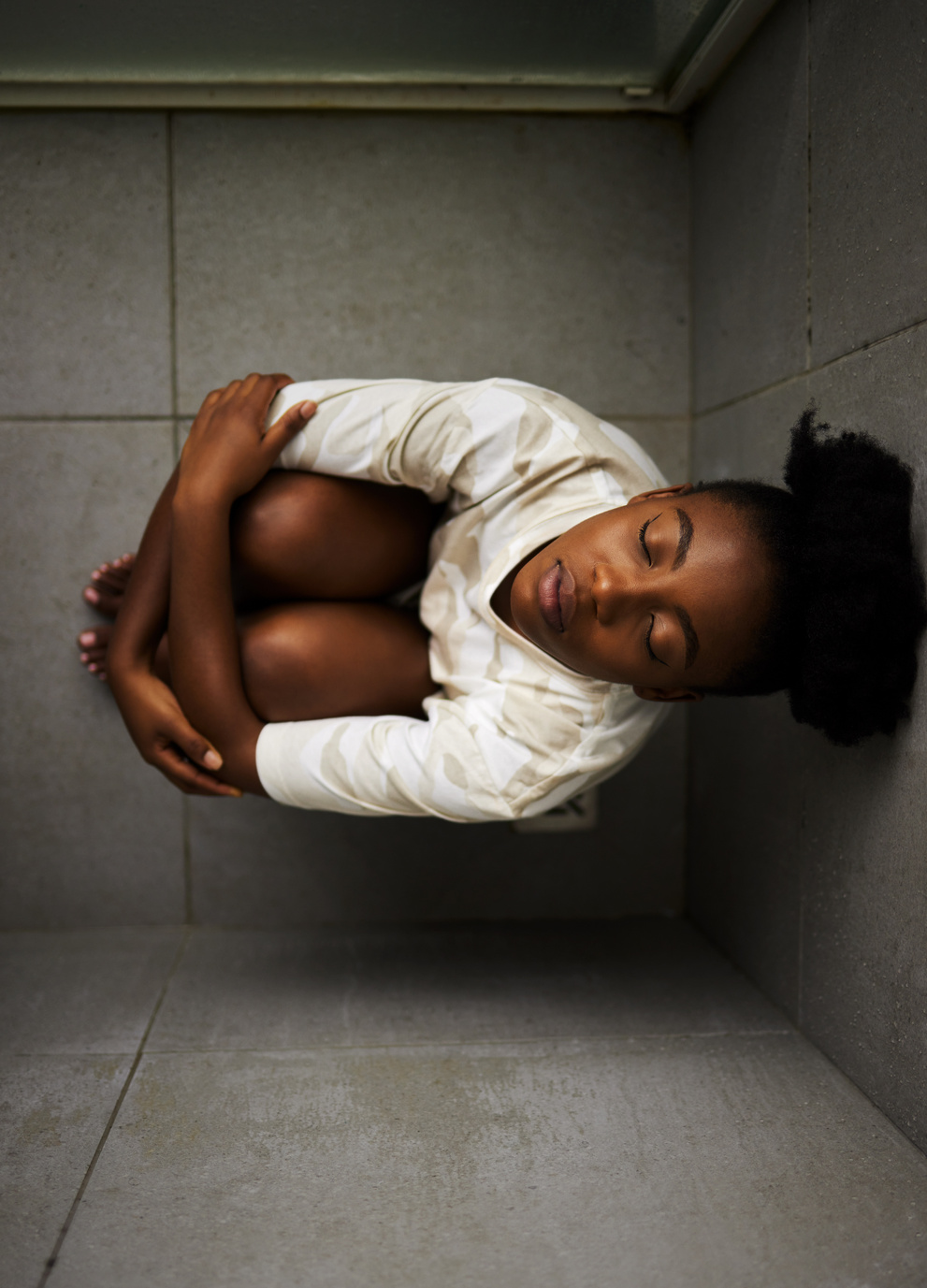

- Depression does not look the same in everyone, in fact, a recent study showed that black women have a greater chance of their depression going under-diagnosed and under-treated due to presentations that don’t fit the stereotypical mold (Perez et al., 2022).

- Women are at least twice as likely to experience an episode of major depression as men. And, compared to their Caucasian counterparts, African American women are only half as likely to seek help (richards, 2022).
- Black women with symptoms of depression more often report sleep disturbances, self-criticism, and irritability than stereotypical symptoms such as depressed mood (perez et al,. 2022)

- African American women are frequently not confronted with isolated stressors, but with a constellation of multiple issues that can engender stress, such as balancing work and home life demands, managing personal relationships, nurturing identity development, and creating a purpose in life that motivates them toward positive goals and an orientation for achievement and success (Holden et al., 2014).
Richards, E. M. (2022, July 18). Mental health among African American women. Johns Hopkins Medicine. https://www.hopkinsmedicine.org/health/wellness-and-prevention/mental-health-among-african-american-women
Holden, K. B., Bradford, L. D., Hall, S. P., & Belton, A. S. (2014). Prevalence and correlates of depressive symptoms and resiliency among African American women in a community-based Primary Health Care Center. Journal of Health Care for the Poor and Underserved, 24(4A), 79–93. https://doi.org/10.1353/hpu.2014.0012


My mental health was never inquired about during doctor’s appointments until a few years ago. But all it was was just a standardized checklist and none of the questions addressed any issue I may have had and the providers always seemed rushed. So I, as a black woman, just “pushed through”. Then the pandemic hit and I became a mother in the middle of it. Add to that a tumultuous political climate that affected my community. No one warned me of the roller-coaster of emotions that I would have to endure
. Desperate for connection and understanding, I turned to social media and once I found other mothers…other black mothers speaking about their experiences, even in jest, I actually started to feel some relief. To see that I was not alone with my thoughts and struggles and with people that looked like me. It was validating. Through these people I was able to find resources for mental health and self care for women like me and came to find out there's an abundance of therapists that would be a good fit for my community, it was just hard to find.
Tiffany, NC

Mental health is a huge issue for women in the black community. Especially women of color in corporate. It’s hard to deal with how you’re accepted in the world as a black woman while still trying to understand yourself. Our hair in its natural state is still a topic when it comes to wearing it in the workplace. As a black woman who was in leadership in the military, I couldn’t even discipline my soldiers properly without being called “too aggressive”, meanwhile, my white counterparts could “dog” their soldiers out, and it was a look at them being passionate.
Day, NC
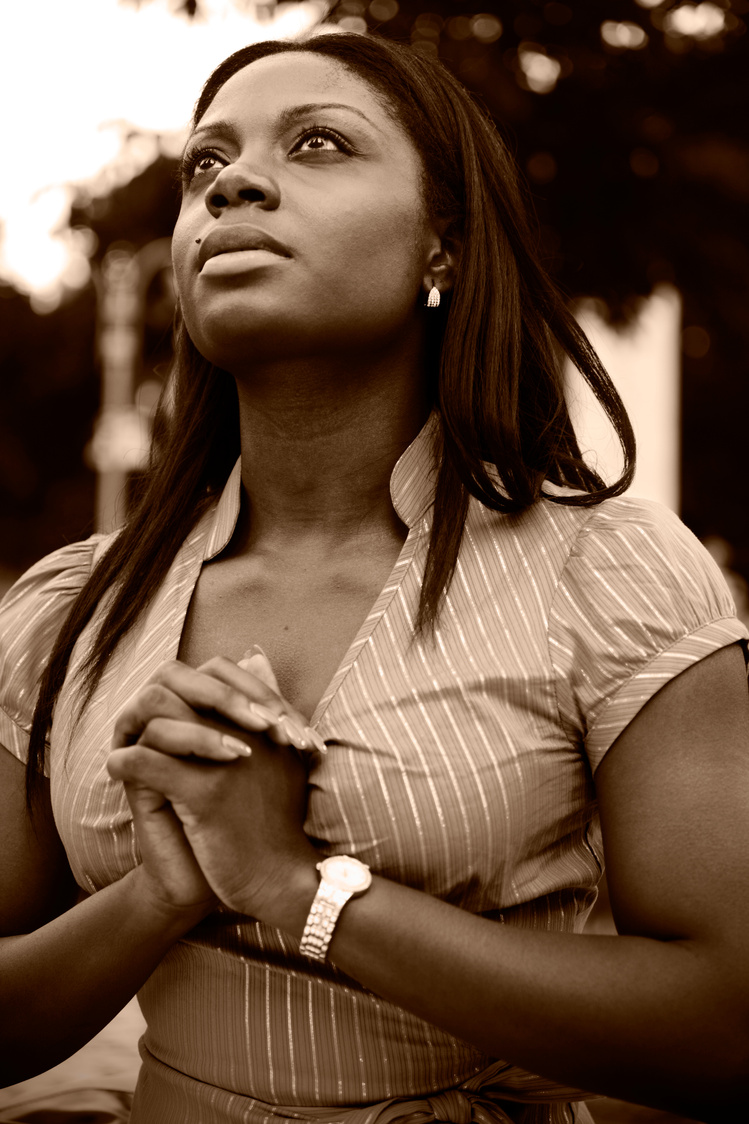

I nicknamed my depression "static" or "the cloud." Whenever I feel it coming on it feels like I got stuck in an old box TV set. The heavy greys of speckled black and white overwhelm me and I get swallowed inside.
Laying in bed for days without eating, barely sleeping, and not responding to to the outside world can be a sign that I need rest and need to give myself a break. Having a nonchalant attitude with dissociation of feelings for others could mean that I need to connect more to myself before being able to hold space for others. I've had weeks of ignoring phone calls, not responding to text or emails and a genuine disgust for connection to others and later I realized that I needed to provide myself with more self-love and self-care.
The negative stigma of prioritizing mental health, especially in the African-American community is very harmful. The perception that "you're just crazy," "you'll get over it," or "it's just a phase," lacks the empathy and motivation for someone in a dark mental state to want to climb out of. I wish there was more understanding and education from an early age that having a wide range of feelings is normal and that having compassion for others when they are going through a tough time will go a long way.
N. McKenzie, NJ


